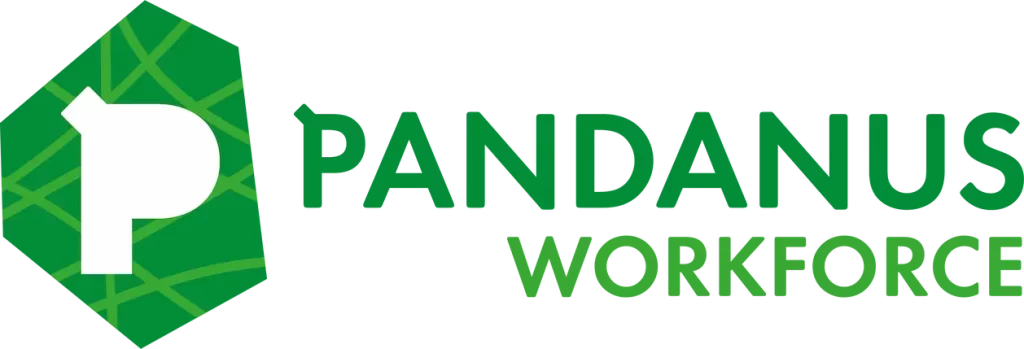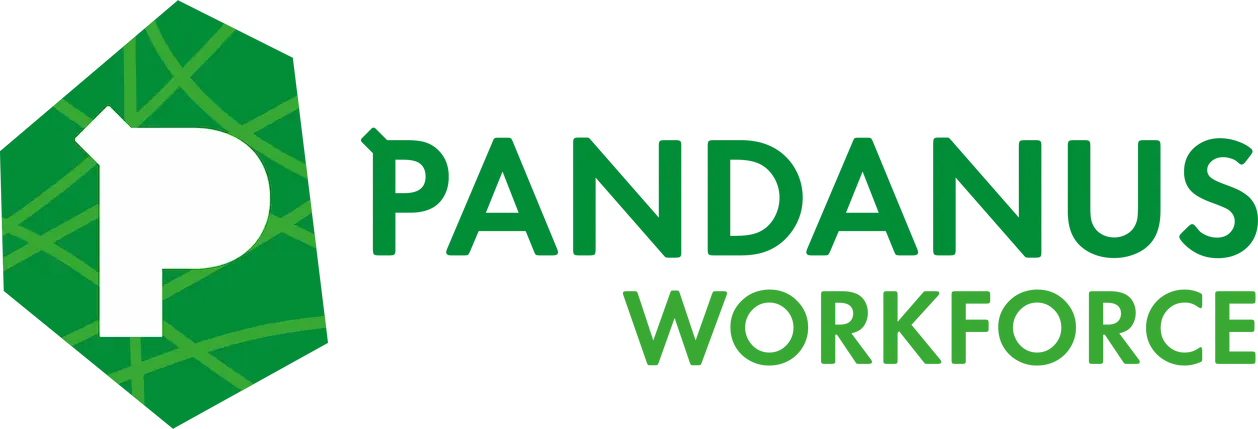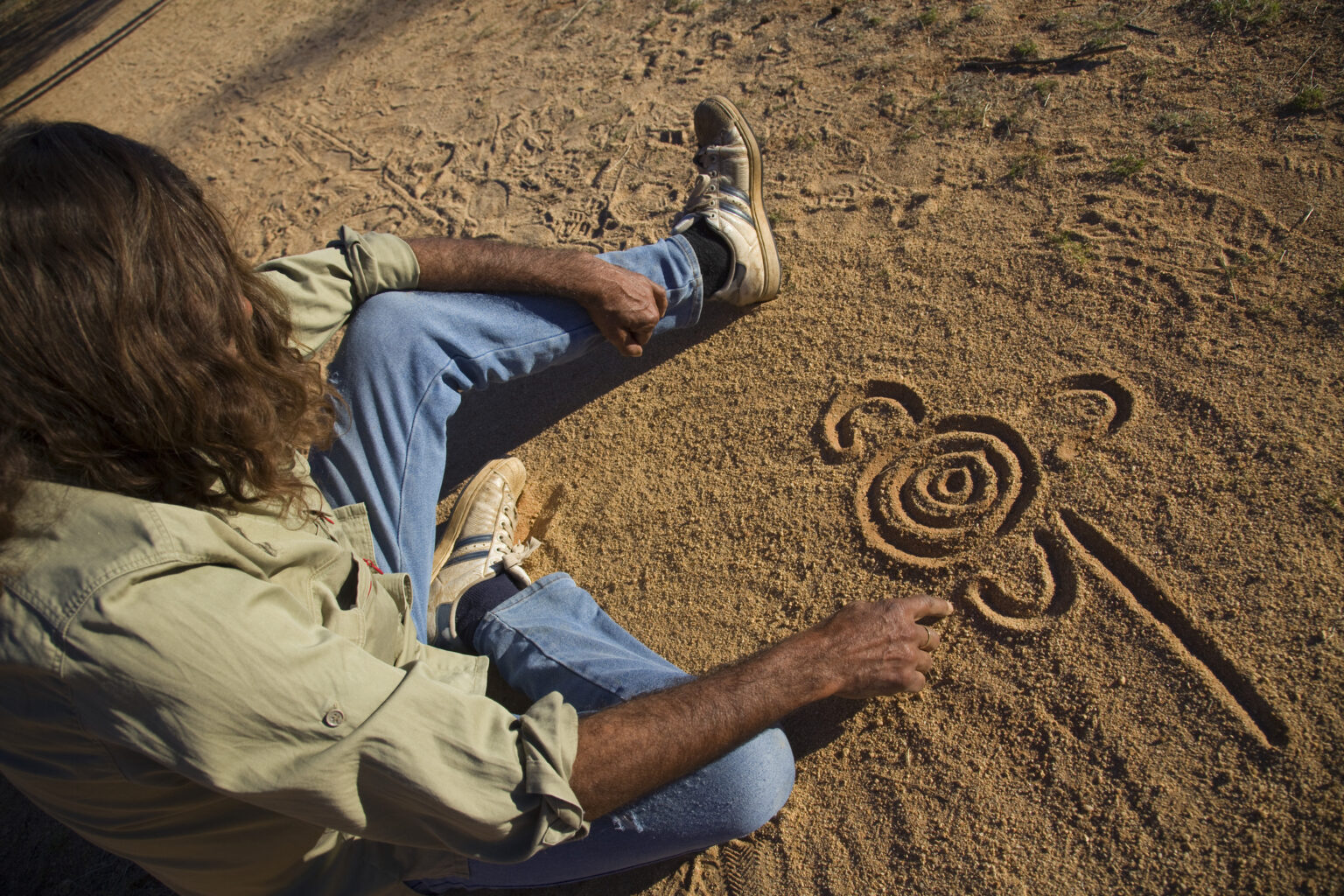Peter Babui-Remfrey rejects “insulting” claims over cultural identity and intent
A Northern Territory business leader who grew up among the Tiwi people has spoken out against what he calls “insulting and dangerous” attempts to conflate his cultural identity with unfounded claims of opportunism.
Peter Babui-Remfrey — General Manager of Parluwu Constructions, a 100 per cent Tiwi-owned and controlled Aboriginal start-up — says recent commentary about his heritage distorts both the facts and the frameworks that govern Aboriginal recognition in Australia.
“I’ve only ever sought clarity about what the process involves,” Mr Babui-Remfrey said.
“My identity cannot and will not be determined by administrative paperwork or political gatekeeping.”
A life shaped by Tiwi family and lore
Mr Babui-Remfrey spent his formative years in Wurrumiyanga, where he was informally adopted by the Babui family in the early 1980s and given the Tiwi name Tumarripi.
“I was raised among Tiwi families who treated me as one of their own,” he said.
“That upbringing shaped my values, my respect for lore and my understanding of community.”
In 2024, eight members of the Babui family signed a statement affirming his belonging to the Jikilaruwu clan of Wurrumiyanga — a document he says was a cultural affirmation, not a bureaucratic submission.
“It was about respect and connection, not about proving descent or seeking advantage,” he said.
Recognition, not entitlement
Mr Babui-Remfrey said his correspondence with several organisations had been purely to understand the processes surrounding Aboriginal recognition, not to seek financial or commercial gain.
“To suggest I’ve ever tried to benefit financially from my cultural identity is false and offensive,” he said.
“My engagement was cultural, not commercial.”
He said modern frameworks often fail to recognise the diversity of Aboriginal family structures and kinship adoption.
“There are people who live their entire lives within Aboriginal communities but don’t fit neatly into bureaucratic definitions,” he said.
“Policy should safeguard integrity without erasing lived experience.”
Parluwu’s pathway through the NTIBN process
Introduced federally in 2015, the Indigenous Procurement Policy (IPP) was designed to boost Aboriginal participation in government contracting. While it has channelled billions of dollars to Indigenous suppliers, critics say the system often advantages established networks over smaller, community-based start-ups.
Parluwu Constructions began its own certification journey in 2024.
On 24 June 2024, during a meeting attended by Naomi Anstess, Karina Babui, Cisco Babui and Peter Babui-Remfrey, it was agreed to pre-approve Parluwu on face value, recognising its Tiwi ownership (Babui family trust being 100% Shareholder; whilst Karina being Trustee, Director and Secretary) and intent. According to meeting notes, NTIBN accepted that supporting documentation — including compliance and community validation paperwork — would be provided at a later stage.
“At no point in that meeting, or since, has NTIBN ever received a Certificate of Aboriginality or any equivalent documentation from anyone,” Mr Babui-Remfrey said.
“That was understood from the start. The pre-approval was based on trust and transparency while the paperwork process evolved.”
The pre-approval allowed Parluwu to be listed as an Aboriginal-owned start-up while building its operational capability. However, 15 months later, and after a meeting on 19 September 2025 between NTIBN Membership & Advocacy Manager Stephen Cardona and Karina Babui, the company’s Aboriginal Business Enterprise (ABE) status was formally rejected on 21 October 2025 — just six days after an article about Mr Babui-Remfrey’s cultural identity was published by the Indigenous Business Review.
“The timing raises legitimate questions about process and consistency,” Mr Babui-Remfrey said.
“We respect that organisations have governance obligations, but those obligations must apply fairly and transparently. The process should build trust — not discourage Tiwi families genuinely working to create opportunity.”
Clarifying NTIBN’s role
Under its own charter, the NT Indigenous Business Network (NTIBN) does not issue Certificates of Aboriginality (COAs). It simply validates existing certificates issued by recognised Aboriginal community bodies or Land Councils.
“That’s an important distinction,” Mr Babui-Remfrey said. “I have never lodged a COA with NTIBN because I have never held one. There has been nothing for them to validate.”
He questioned why public commentary has included categorical statements about his identity when, by NTIBN’s own definition, no validation process could have occurred.
“If an organisation publicly declares someone ‘not Aboriginal’ without ever receiving documentation to assess, that crosses from governance into opinion,” he said.
“Due process means evidence before commentary.”
Mr Babui-Remfrey said the June 2024 pre-approval had been made in good faith and reflected NTIBN’s own stated commitment to supporting emerging Aboriginal businesses at different stages of their journey.
“We were transparent from day one,” he said. “Everything we did was above board, and the understanding was that cultural documentation would follow once formal processes were clear.”
Policy integrity and perception
Mr Babui-Remfrey said his experience exposes a broader issue in how certification processes are interpreted publicly.
“When a person asks questions about process, it shouldn’t be framed as an attempt to exploit it,” he said.
“Seeking clarity is part of good governance, not evidence of bad intent.”
He said commentary that merges identity questions with financial insinuations — particularly around phrases like “Blak money” or “white privilege” — distracts from the real work of closing economic gaps.
“Those narratives are divisive,” he said. “They make genuine collaboration harder and discourage honest dialogue about what cultural recognition should look like.”
Calls for balanced reporting
Mr Babui-Remfrey urged media and advocacy groups to maintain accuracy and restraint when discussing cultural identity.
“When headlines question genuine cultural connection, they risk harming the very communities they claim to support,” he said. “Accuracy and respect should come before assumption.”
He noted that several recent stories had blurred the line between administrative certification and lived experience, leaving the public with a distorted picture of both his intentions and his Tiwi ties.
“My story isn’t about money or procurement,” he said. “It’s about belonging, family, and the responsibilities that come with that connection.”
A message of respect and inclusion
As Parluwu Constructions expands operations across the Tiwi Islands and the broader Territory, Mr Babui-Remfrey says his focus remains on building capability, employment and cultural integrity.
“We’re building something that reflects Tiwi values — respect, responsibility and self-determination,” he said. “Respect must sit above rhetoric, and identity should never be used as a weapon.”






